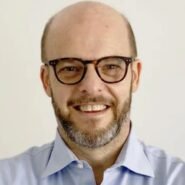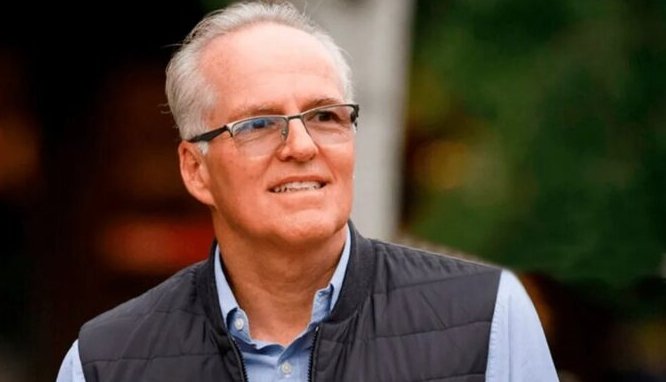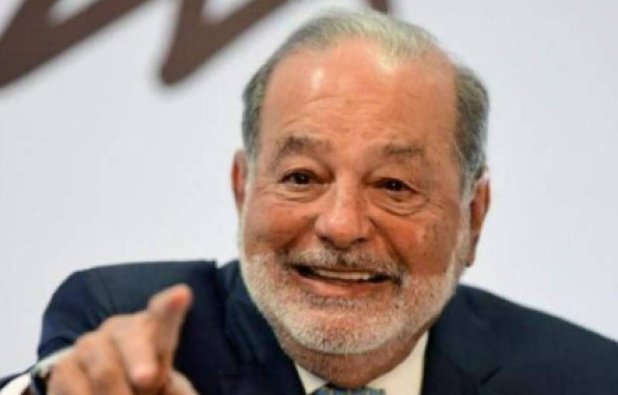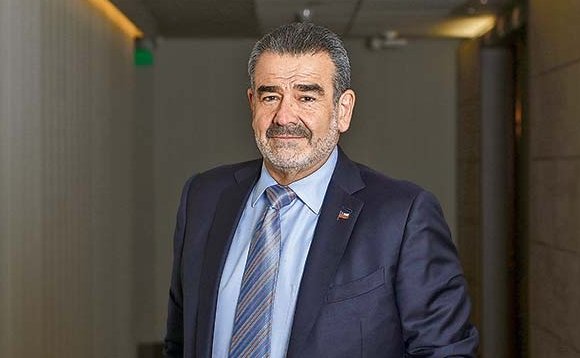Carlos Rodríguez-Pastor, born in Lima, Peru, in 1959, is the CEO of Intercorp, a powerful conglomerate with operations spanning finance, retail, real estate and gastronomy across Latin America. Widely recognized as the wealthiest man in Peru, his name regularly appears on Forbes’ list of global billionaires, with a reported net worth of $5.2 billion in 2023. His journey from international banking to building one of the region’s most diversified business groups reflects both strategic vision and a deep-rooted commitment to national development.
Formative years shaped by political exile and U.S. education
The son of a prominent Peruvian businessman and former Minister of Economy and Finance, Rodríguez-Pastor’s early life was shaped by instability. Following the 1968 military coup in Peru, his family left the country and lived in Ecuador before settling in the United States. There, he pursued a degree in Social Studies at the University of California, followed by an MBA.
Early in his career, he moved to New York to work at Citigroup and later invested in hedge funds, acquiring the experience and contacts that would later serve as a foundation for his ventures. The turning point came in the 1990s after the death of his father, when Carlos returned to Peru and led a consortium of investors in the acquisition of Interbank.
Building Intercorp: strategy, diversification and scale
At age 35, Rodríguez-Pastor assumed control of Interbank and launched a bold expansion plan that laid the groundwork for the formation of Intercorp. Under his leadership, the bank not only restructured its internal operations but began extending into shopping centers and alternative financial services, serving over a million customers nationwide.
The diversification of Intercorp was carefully executed. “Urbi Propiedades” entered the real estate sector, while “Interseguro” captured the insurance market. These moves gave rise to a broader network of companies operating under the Intercorp umbrella, from banking (Interbank, Inteligo Bank) to pharmacy chains (Inkafarma, Mifarma) and supermarkets (Plaza Vea, Makro, Vivanda).
A regional footprint: expansion beyond Peru
During the 2000s, Intercorp expanded beyond Peru, acquiring assets and opening operations in Bolivia, Chile, Mexico, Panama, and the Bahamas. Through Interbank, it secured the acquisition of the supermarket chain Santa Isabel from Hold, rebranding it under “Supermercados Peruanos.” This marked a significant advance in the group’s retail capabilities.
In 2006, Rodríguez-Pastor launched Intergroup Financial Services Corp, based in Panama, to consolidate the financial ecosystem between Interbank and Interseguro. While headquartered abroad, the group focuses exclusively on services for the Peruvian market.
Entry into the food industry and lifestyle sectors
From 2010 onward, Intercorp began diversifying into gastronomy, acquiring stakes in well-known fast-food chains like Bembos, Papa John’s and China Wok. These additions reflected a broader strategy of vertical integration and lifestyle branding, expanding the group’s presence in daily life for Peruvian families.
Through incremental investments, Intercorp also deepened its portfolio across shopping malls, pharmaceutical chains and other consumer-focused ventures. These expansions reinforced its reputation as one of the most influential business groups in Latin America.
Carlos Rodríguez-Pastor in Forbes and corporate legacy
As of 2023, Rodríguez-Pastor is consistently ranked among the 600 richest individuals globally according to Forbes. Unlike many billionaires who base their operations abroad, he resides in Peru and is known for his family-centric approach to leadership and long-standing connection to his home country.
InRetail, one of Intercorp’s newer holdings, focuses on managing supermarket chains, and represents the group’s continued evolution in the Latin American retail space. Alongside Interbank and Interseguro, it illustrates the scale and diversity of Rodríguez-Pastor’s business empire.
A model of modern Peruvian entrepreneurship
Rodríguez-Pastor’s success stems from combining global business acumen with local insight. His ability to anticipate market needs, forge strategic alliances and invest across sectors has transformed Intercorp into a symbol of modern entrepreneurship in Peru.
While his companies span multiple industries, they are united by a single vision: improving quality of life through education, access and service. Whether through financial inclusion, real estate development or healthcare delivery, Carlos Rodríguez-Pastor has redefined the role of corporate leadership in national development.








